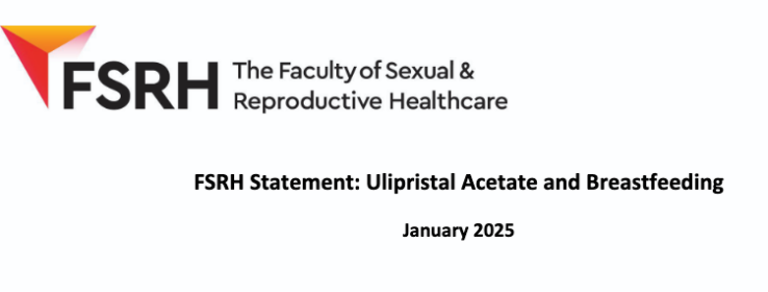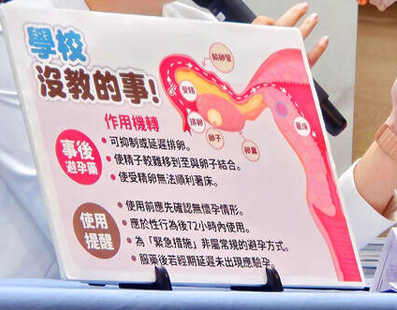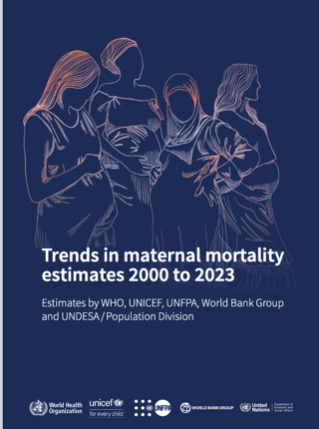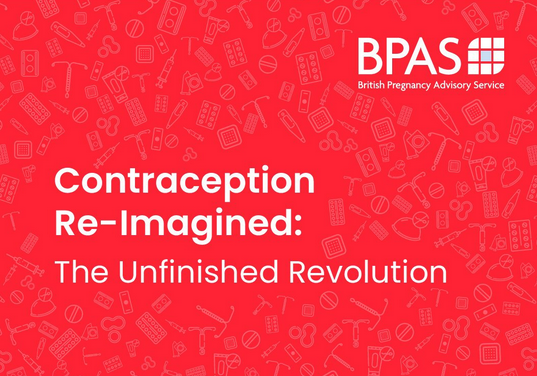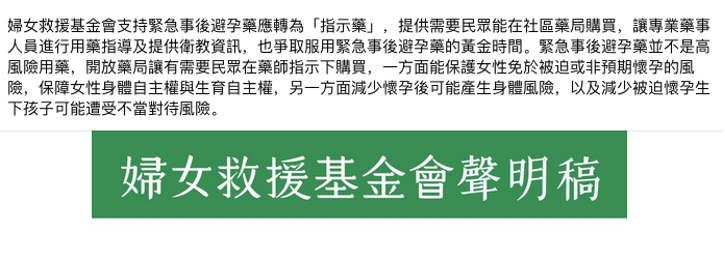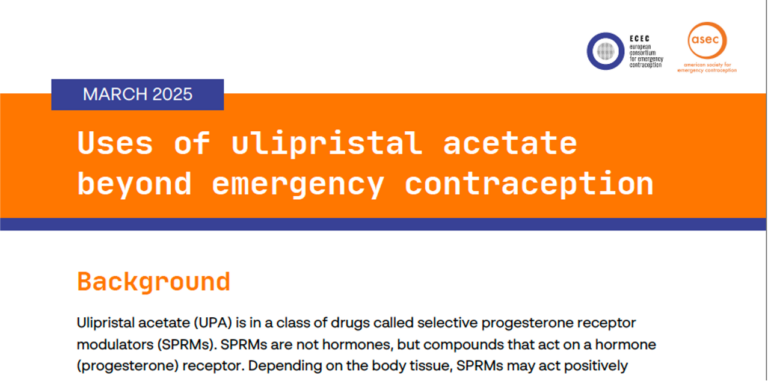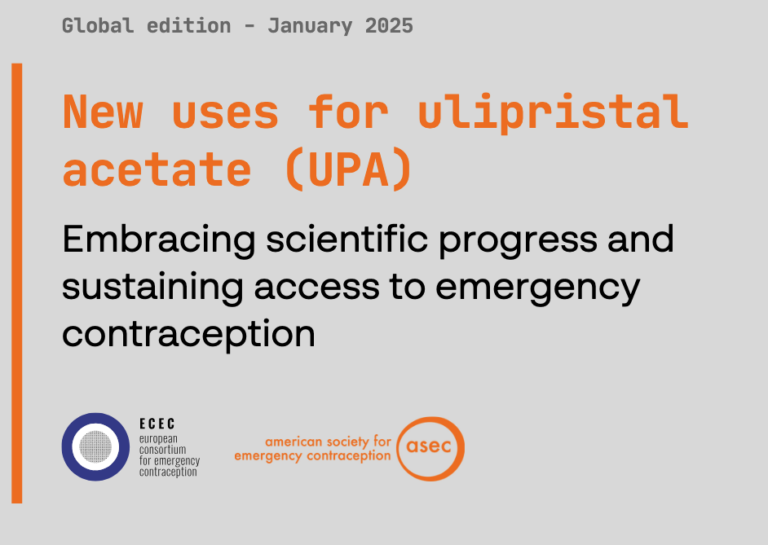Breastfeeding after UPA EC
May 2025. To date, most recommendations on use of emergency contraception (EC) pills in lactating women suggest that if EC pills with ulirpistal acetate (UPA) were used, breast milk should be expressed and discarded for one week. This is also the recommendation in the product labels. In the United Kingdom, the Guideline Development Group for…
